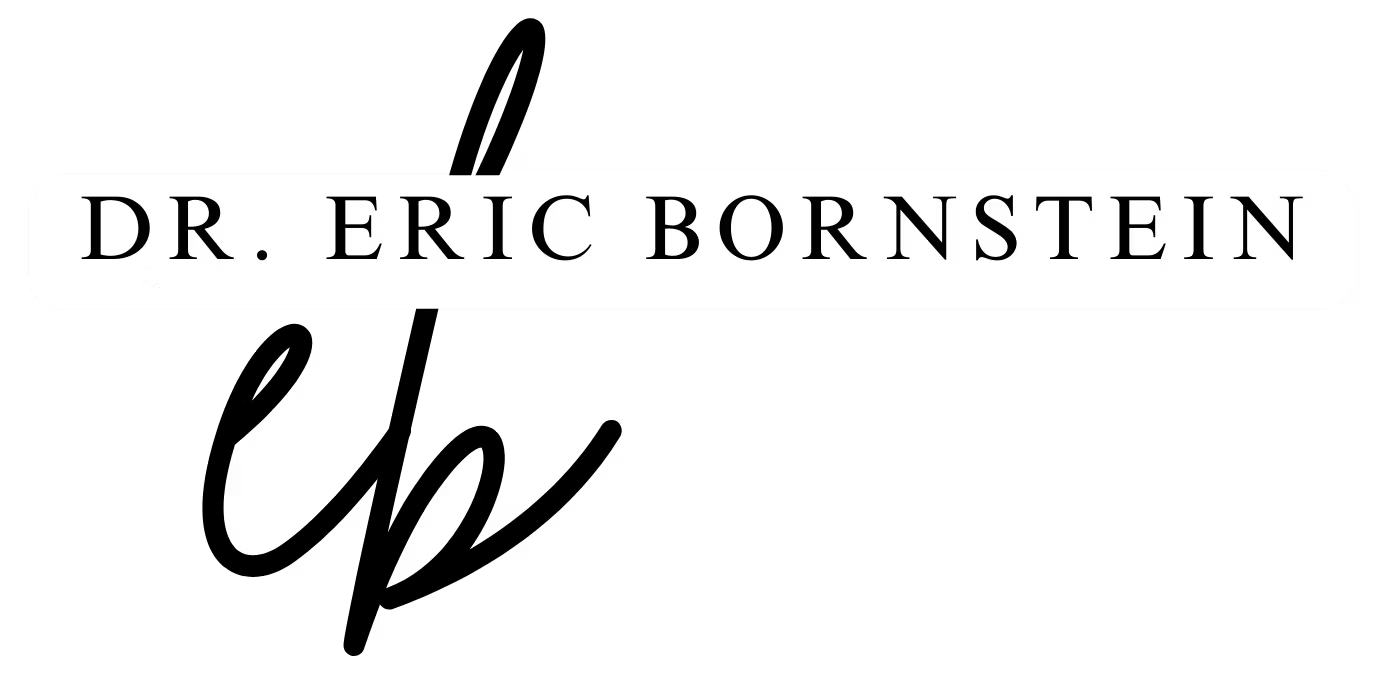Course 1 - AVIAN FLU: (Bird Flu)
CLINICAL CONCERNS, SENSIBLE SOLUTIONS
Avian Influenza A(H5N1) and subtype (H7N9), commonly known as bird flu, pose significant clinical challenges. The virus can spill over from birds to mammals and humans, leading to sporadic cases of the disease.
- As of the most recent data available, there have been four confirmed human cases of avian flu in the United States since 2022. These cases were associated with exposure to dairy cows and poultry. Two of these cases resulted in fatalities.
- Globally, there have been over 200 reported cases of human infection with avian influenza A(H5N1) virus since January 2003, with over 100 fatalities.

These data highlight the need for vigilance and preparedness if further human transmission occurs. Clinical illness resulting from HPAI A(H5N1) infection can range from mild symptoms like conjunctivitis and upper respiratory issues to severe or critical conditions such as pneumonia, multi-organ failure, and sepsis. Mortality rates in humans are alarmingly high, making it a serious public health concern.
To address this threat, this new webinar will focus on several fronts. First, Dr. Bornstein will discuss surveillance and monitoring of individuals exposed to infected animals (cows, birds, or other domestic/wild species). Second, there will be a discussion about what testing is available for symptomatic individuals. Third, there will be a discussion concerning virus replication in human and cow cells and assessing its severity and transmissibility. Finally, there will be an update on available vaccines and cross-reactive vaccines.
In this informative new webinar, Dr. Bornstein will delve into the critical aspects of Avian Influenza, emphasizing its clinical implications and potential solutions. He will discuss surveillance strategies, diagnostic approaches, and the importance of cross-sector collaboration. For medical professionals, correct information, vigilance, and preparedness play a pivotal role in mitigating the impact of this zoonotic threat.

This course offers 3- CE credit hours for the following professions:
NURSES, DENTAL PROFESSIONALS, PHARMACISTS, REGISTERED DIETITIANS & DTRs, PSYCHOLOGISTS, MENTAL HEALTH COUNSELORS & MARRIAGE & FAMILY THERAPISTS, SOCIAL WORKERS, OCCUPATIONAL THERAPISTS & OTAs, PHYSICAL THERAPISTS & PTAs, CASE MANAGERS, and NURSING HOME ADMINISTRATORS
